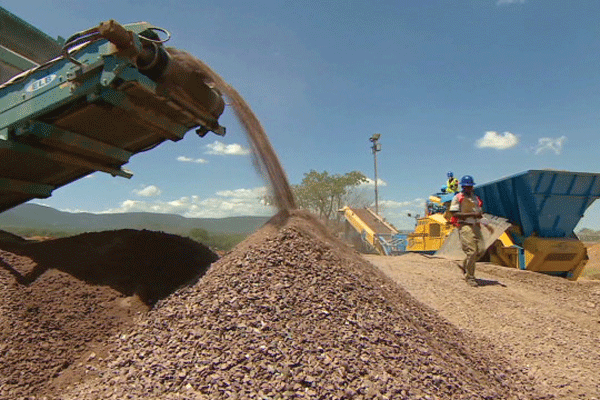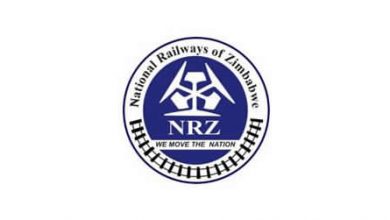ZELA urges govt to implement EITI initiative

The Zimbabwe Environmental Law Association (ZELA) has urged the government to enhance transparency in the mining sector by implementing the Extractive Industries Transparency Initiative (EITI).
The initiative is a globally adopted mechanism which aims at promoting transparency in the management of oil, gas and other natural extractives.
In the 2020 budget, Finance Minister Professor Mthuli Ncube stated that a budget allocation would be set aside to enable Zimbabwe to join the initiative.
ZELA noted with concern that in the Pre-Budget Strategy there was no mention of EITI, adding that the government has been worryingly silent on its position on the matter.
“The government has been missing in action in terms of providing a clear policy position on EITI perhaps suggesting that the country had a false start on EITI, a similar fate that the Zimbabwe Mining Revenue Transparency Initiative (ZIMTI) faced,” a report by ZELA stated.
“Given that the Mid Term Budget Review did not give an update on the adoption of the EITI standard, one would have expected the 2021 Pre Budget Strategy Paper to break the silence and provide a formal policy position on the way forward with regards to this initiative.”
The environmental watchdog further highlighted that no mention was made neither on the financing of Community Share Ownership Trust Schemes (CSOTs), especially at a time when mining communities are not benefitting from extractives found in their area.
“Communities have a constitutional right to benefit from extraction of mineral resources in their communities. The government of Zimbabwe established CSOTs in 2010 through the Indigenization and Economic Empowerment (IEE) Act. These (CSTOs) no longer have a legal backing due to the government’s reversal on the IEE Framework,” noted ZELA.
Through the statement, the organisation recommended that the 2021 National Budget must put in place mechanisms to harness low hanging fruits to deliver mining tax transparency reforms.
They stated that the budget must outline a policy direction on revenue sharing arrangements between the national government and resource rich local authorities.
“Low hanging fruits include the disclosure of mining sector performance across each revenue head and the revenue performance of key mineral sectors like gold, platinum and diamond. There is need for the budget to avail enough resources towards the establishment and implementation of the computerised mining cadastre system,” the statement read.






